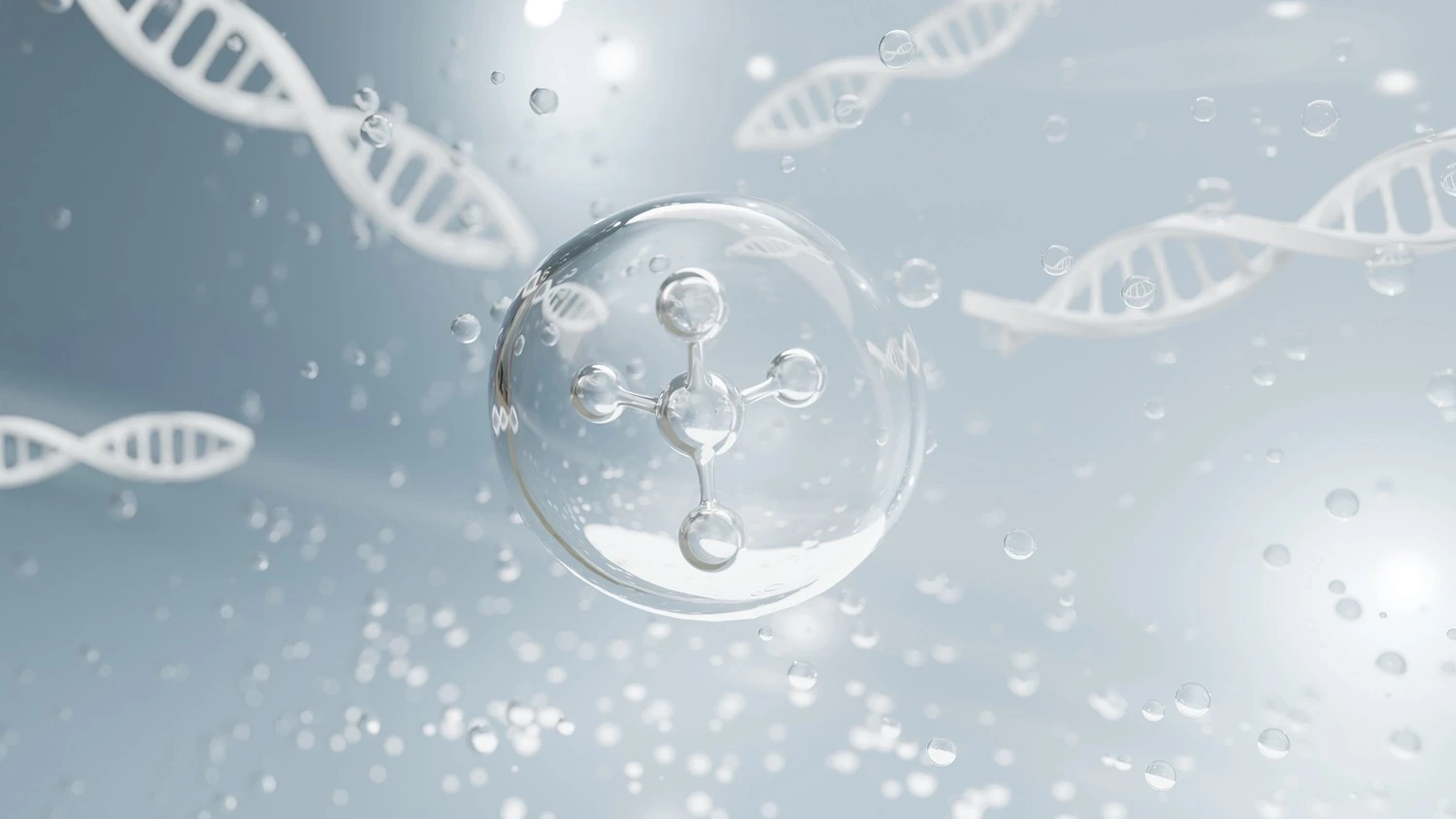The Science of Effective Skin Hydration

EXTRA 5% OFF ON PREPAID

Skin hydration is a crucial aspect of maintaining healthy and glowing skin. It not only helps in achieving a youthful appearance but also plays a vital role in protecting the skin from external factors such as pollution and UV radiation. In this blog post, we will explore the science behind effective skin hydration and provide you with some tips and techniques to keep your skin hydrated and radiant.
Understanding the Skin
Before diving into the science of skin hydration, it is essential to understand the structure and function of the skin. The skin is the largest organ in the human body and consists of three layers: the epidermis, dermis, and hypodermis. The epidermis is the outermost layer and acts as a protective barrier against external factors. The dermis is responsible for providing strength and elasticity to the skin, while the hypodermis contains fat cells that help in insulation and cushioning.
The Role of the Skin Barrier in Maintaining Hydration
The skin barrier, also known as the stratum corneum, is a thin layer of dead skin cells that acts as a protective shield for the underlying layers. It plays a crucial role in maintaining skin hydration by preventing water loss and protecting the skin from harmful substances. When the skin barrier is compromised, it can lead to dryness, flakiness, and increased sensitivity.
Factors Affecting Skin Hydration
Several factors can affect the hydration levels of your skin. Environmental factors such as temperature, humidity, and pollution can strip the skin of its natural moisture and lead to dryness. Lifestyle factors, including diet, water intake, and smoking, can also impact skin hydration. Additionally, your skincare routine and product selection play a significant role in maintaining optimal hydration levels.
Hydration Techniques and Tips
Now that we understand the importance of skin hydration and the factors that can affect it let’s explore some techniques and tips to keep your skin hydrated.
1. How to keep skin hydrated naturally? – Drink plenty of water throughout the day to keep your body and skin hydrated from within. – Incorporate foods rich in water content, such as fruits and vegetables, into your diet. – Use natural moisturizers like aloe vera gel or coconut oil to lock in moisture.
2. How to keep skin hydrated and glowing? – Exfoliate regularly to remove dead skin cells and allow better absorption of moisturizers. – Use hydrating face masks or sheet masks to provide an extra boost of hydration. – Incorporate hyaluronic acid-based products into your skincare routine, as it has excellent water-retaining properties.
3. How to hydrate skin overnight? – Apply a hydrating serum or facial oil before going to bed to provide intense hydration. – Use a humidifier in your bedroom to add moisture to the air and prevent your skin from drying out. – Sleep on a silk pillowcase to minimize friction and retain moisture in your skin.
4. What is best for skin hydration? – Look for skincare products that contain ingredients like glycerin, ceramides, and niacinamide, as they help in retaining moisture. – Opt for lightweight, non-comedogenic moisturizers that won’t clog your pores. – Avoid harsh cleansers and opt for gentle, hydrating cleansers that won’t strip your skin of its natural oils.
Lifestyle Changes for Improved Skin Hydration
In addition to incorporating hydration techniques into your skincare routine, certain lifestyle changes can significantly improve your skin’s hydration levels.
1. Importance of a balanced diet and hydration from within – Consume a diet rich in fruits, vegetables, and healthy fats to provide your skin with essential nutrients. – Limit your intake of processed foods and sugary drinks, as they can dehydrate your skin.
2. The impact of sleep and stress on skin hydration – Get an adequate amount of sleep to allow your skin to repair and regenerate. – Practice stress management techniques such as meditation or yoga to reduce stress levels, as stress can affect skin hydration.
3. Tips for maintaining hydration during different seasons – During hot and humid weather, use lightweight, oil-free moisturizers to prevent clogged pores. – In cold and dry weather, switch to thicker, more emollient moisturizers to provide extra hydration and protection.
In conclusion, effective skin hydration is essential for maintaining healthy and glowing skin. By understanding the science behind skin hydration and implementing the tips and techniques mentioned in this blog post, you can achieve optimal hydration levels and enjoy a radiant complexion. Remember to prioritize hydration in your skincare routine and make necessary lifestyle changes to support your skin’s hydration needs.